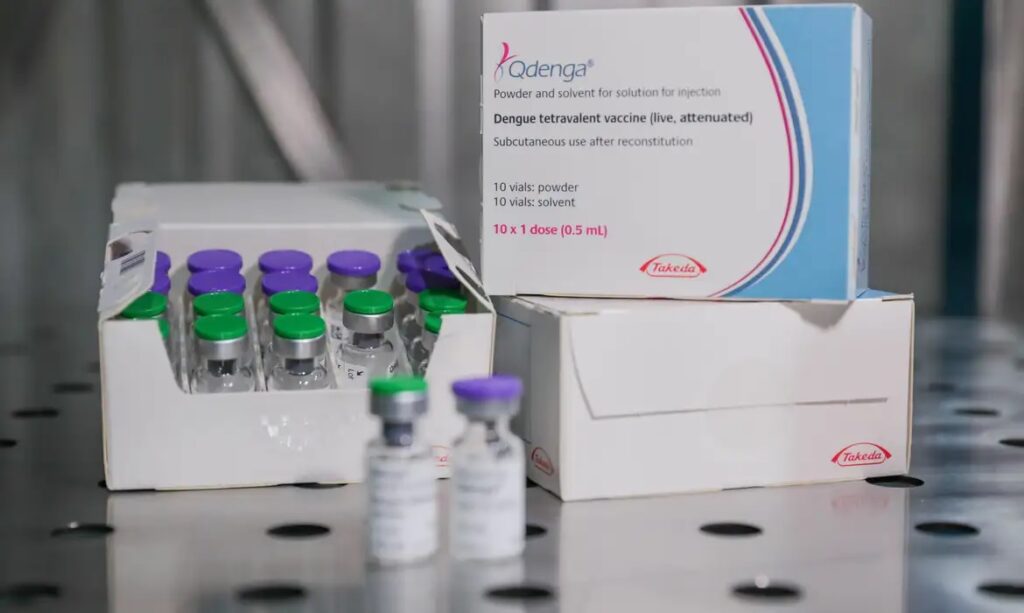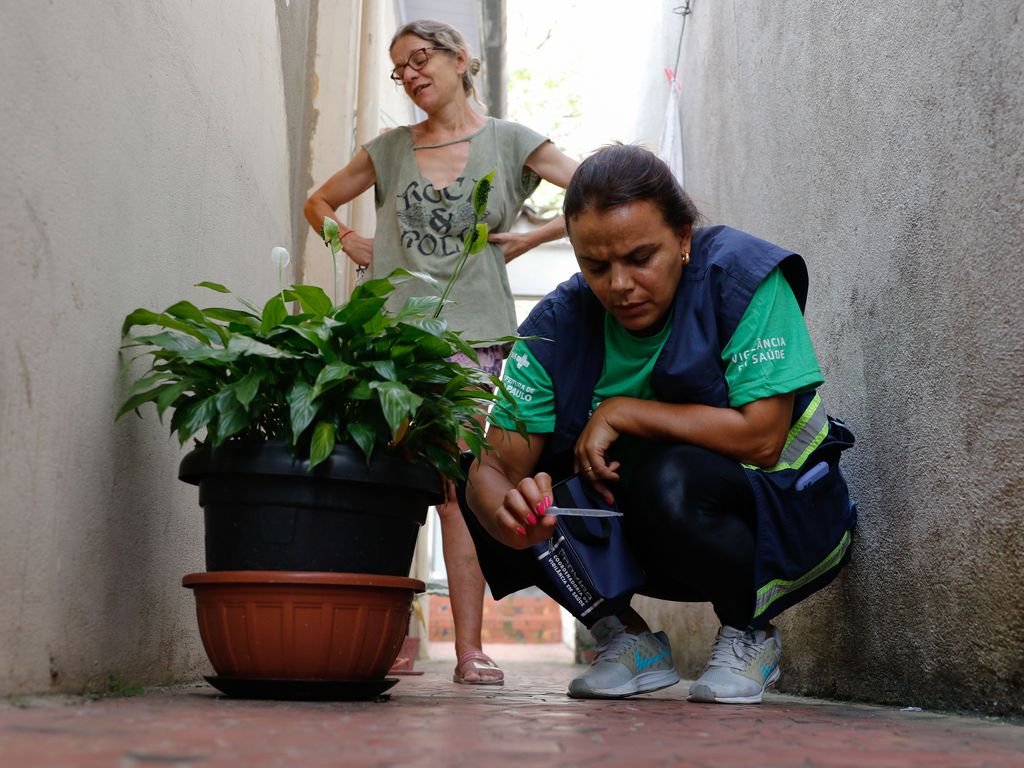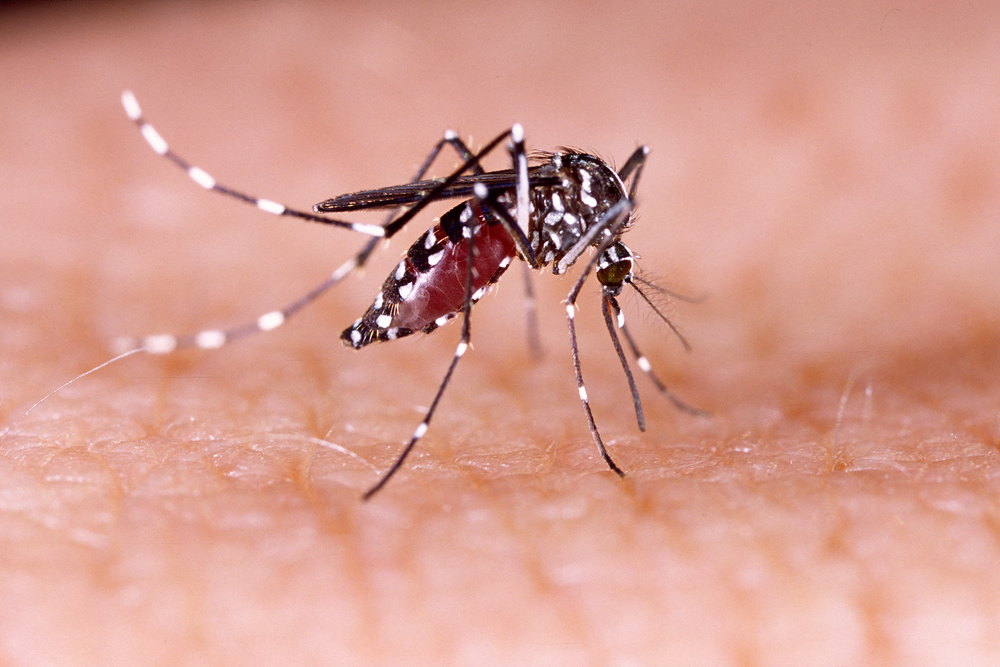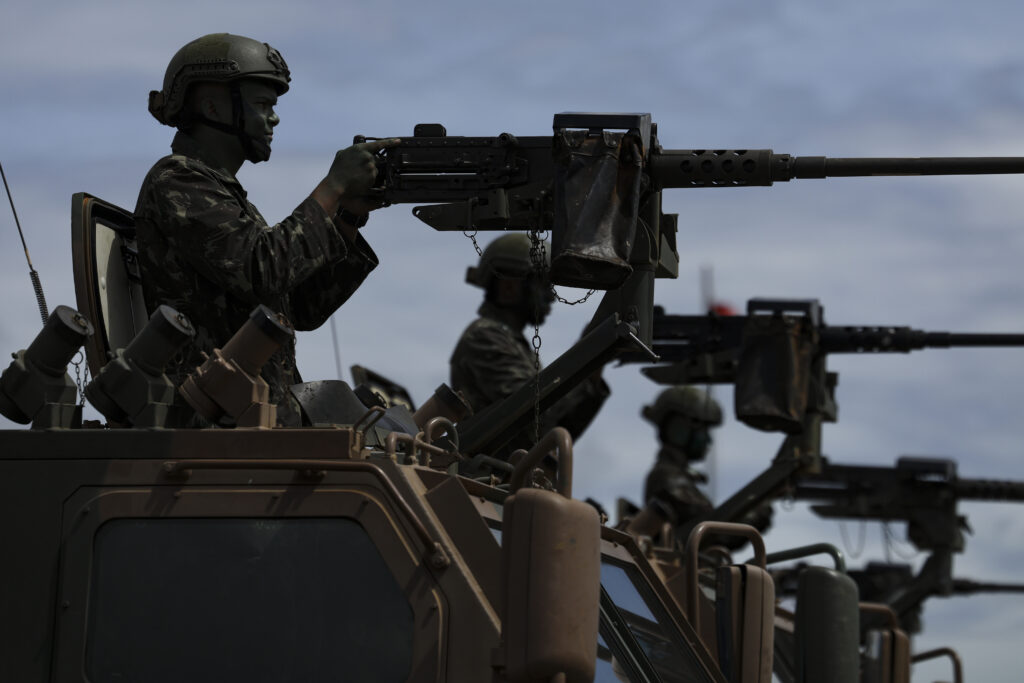São Paulo, Brazil – Brazil recorded the highest number of dengue cases globally in 2024 according to new data from the World Health Organization (WHO). There are nearly 6.3 million probable, and 3 million confirmed cases in the country.
The South American country counts 82% of the 7.6 million probable cases of dengue recorded in the entire world by the WHO this year. Sadly, it also accounts for 77% of the 3,680 deaths globally from the virus and 82% of the 16,242 cases of severe dengue reported.
Thus far, 2024 has seen the most serious dengue outbreak ever recorded in Brazil. According to the Ministry of Health, by the end of May, the number of probable cases was 328% higher than that recorded in the same period last year, which had already seen a record number of dengue diagnoses.
Scientists have attributed the increase in cases of the mosquito-borne illness, which causes fever, nausea, aches and even death, to rising temperatures related to global warming. Brazil’s hot summer has made for an excellent breeding ground for Aedes Aegypti mosquito, which carry the dengue virus.
Read more: Brazil’s dengue health emergency fueled by rising temperatures
To help remediate the situation, the WHO recommends vaccinating populations as part of an integrated strategy to combat the virus, which also includes vector control (e.g. controlling the proliferation of the Aedes Aegypti mosquito) and community involvement.

Since February, Brazil has been applying the Qdenga vaccine, developed by Japanese laboratory Takeda, within its public health system. However, due to the limited number of doses provided by the manufacturer, vaccination is still far below ideal levels. For now, only Brazilian teenagers aged 10 to 14 are being vaccinated for free.
“The WHO recommends the use of Qdenga, the only vaccine available, in children aged six to 16 years in places with high intensity of dengue transmission,” said the health body, which also highlighted high rates of the virus in other parts of Latin America.
After Brazil, Argentina (420,000), Paraguay (257,000) and Peru (200,000) appear at the top of the ranking for highest number of probable dengue cases.
“While a substantial increase in dengue cases has been reported globally in the last five years, this increase has been particularly pronounced in the Region of the Americas, where the number of cases has already exceeded seven million by the end of April 2024, surpassing the annual high of 4.6 million cases in 2023,” said the WHO.
Also, all four dengue serotypes were detected in the Americas in 2024. According to the WHO, at least six countries in the region, including Brazil, but also Costa Rica, Guatemala, Honduras, Mexico and Panama, have already reported cases of simultaneous circulation of all four serotypes. A serotype is a distinct variation within a species of virus.
“Many endemic countries do not have robust detection and reporting mechanisms, which means that the true burden of dengue worldwide is underestimated. To control transmission more effectively, robust real-time dengue surveillance is needed,” the WHO added.
The organization also mentioned effective vector control interventions to help prevent and control disease spread. “Vector control activities should be directed to all areas where there is a risk of human-vector contact, such as homes, workplaces, schools and hospitals,” it said.

With summer ending in late June and rainy seasons approaching, the Ministry of Health believes that the situation is improving.
Starting on May 26, Brazilian states started to show a downward or stabilizing trend in the cases of dengue. This, however, doesn’t mean the situation is under control.
“It’s difficult to analyze Brazil as a whole because each state has different dynamics. Once the peak has passed, it does not mean that epidemics in the affected states have already passed, because there are still cases being registered,” said Guilherme Werneck, director of the Department of Strategic Health Surveillance Coordination within the Health Ministry.










